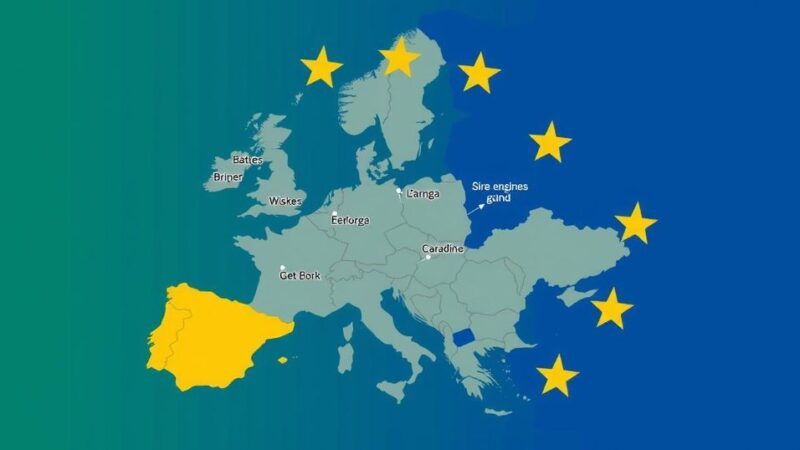According to Ecolab’s 2024 Watermark Study, global consumer purchasing habits are changing due to concerns over water scarcity. A significant majority of consumers have stopped buying products dependent on excessive water use. The study indicates over 70% of American respondents are worried about access to clean water, while trust in businesses and governments tackling water issues is eroding. Companies are now encouraged to develop water management strategies to maintain consumer trust and engagement.
A recent analysis conducted by Ecolab has revealed a significant shift in consumer purchasing behaviors influenced by growing concerns over water scarcity. According to the 2024 Watermark Study, the majority of consumers in regions such as China (80%), India, the Middle East, Africa (69%), and Latin America (65%) have ceased purchasing products that are perceived to depend heavily on water usage. This study underscores the fact that access to clean and safe water remains a critical issue worldwide. The study highlights that Latin America exhibited the highest concern regarding water-related issues, with 90% of respondents expressing their anxiety, while in the United States, this figure reached 80%. Notably, approximately 71% of Americans voiced their concerns about the availability of clean and safe water. Despite the rising concerns, the study presents a troubling trend of eroding trust in both businesses and governments. Less than 50% of consumers in the United States and Europe are convinced that these entities are genuinely committed to water conservation efforts. Emilio Tenuta, Senior Vice President and Chief Sustainability Officer at Ecolab, emphasized the necessity of addressing water scarcity, stating, “The data is clear that consumers care about water and the environment, and they are holding all of us responsible to act.” Tenuta stresses that water scarcity transcends sustainability, becoming a critical business issue. The findings further indicate a heightened consumer focus on clean water availability over other environmental concerns. Tenuta remarked on the direct and immediate need for clean water, noting increased awareness campaigns surrounding conservation efforts. Corporate responsibility concerning water management has notably advanced, with organizations increasingly recognizing its importance in combating climate change. Companies are now prioritizing the development of water strategies while leveraging technology to minimize water usage and enhance resilience. Victoria Edwards, Chief Executive and Co-founder of FIDO Tech, highlighted that sustainability-focused businesses will likely thrive. She noted that urban consumers are acutely aware of the fragility of water supplies and are inclined to support brands that transparently confront this issue. Edwards stated, “In the most enlightened corporations, like the multinationals we work with, water is rapidly becoming an issue for CFO and CEOs, not just for sustainability teams.” This proactive engagement by businesses in improving community water management is increasingly significant as they strive to fulfill their water-positive commitments, aligning with consumer expectations and the pressing need for sustainable practices.
The concern surrounding water scarcity has become more pronounced globally, prompting a transformative change in consumer habits. As highlighted by Ecolab’s 2024 Watermark Study, this phenomenon is prevalent in various regions with differing levels of concern among consumers. The results of the study indicate not only a rising awareness about the implications of water scarcity but also a shift in how consumers evaluate and select products based on water usage. The importance of clean and safe water accessibility is underscored in various reports, reflecting both societal priorities and the need for sustainable resource management. Businesses are increasingly expected to engage in corporate responsibility focused on resource conservation, particularly in light of climate change. The study’s findings shed light on evolving consumer expectations, challenging organizations to adapt their practices accordingly to maintain trust and competitiveness in the marketplace.
In conclusion, the findings from Ecolab’s Watermark Study illustrate a significant shift in consumer behavior influenced by growing concerns over water scarcity. With a majority of respondents prioritizing clean water availability, businesses face increasing pressure to incorporate sustainable water management strategies. The decline in trust towards corporate and governmental bodies emphasizes a public demand for transparency and action. Moving forward, organizations that embrace sustainability and prioritize efficient water use are likely to gain favor with consumers, thereby reinforcing the notion that water scarcity is not just an environmental challenge but an essential facet of modern business strategy.
Original Source: www.forbes.com






